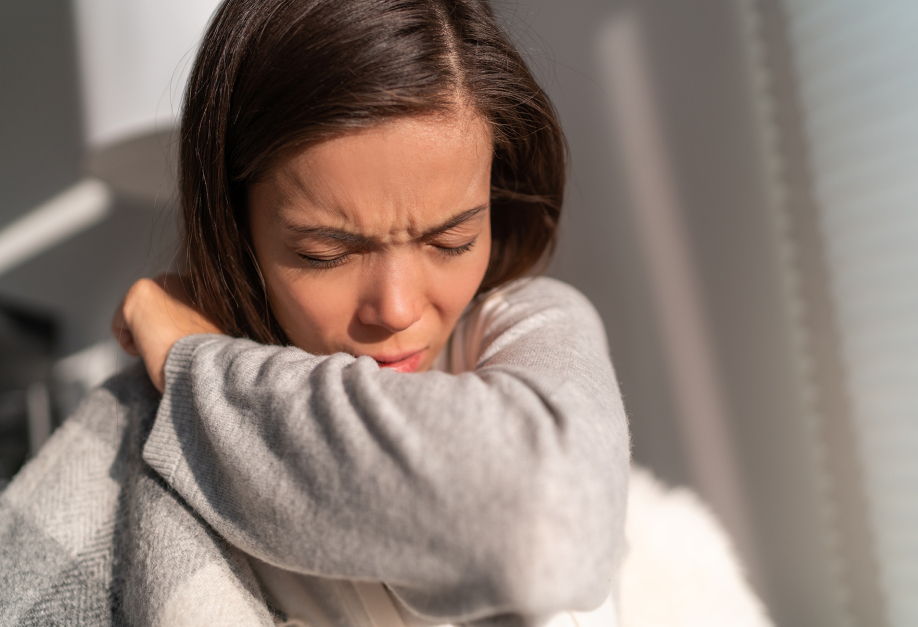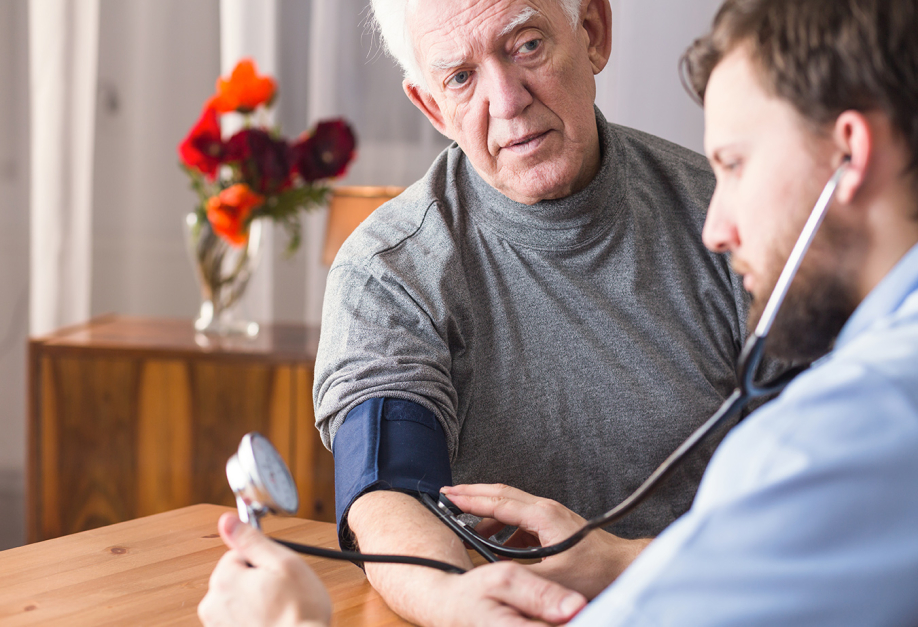Although it looks as if the pandemic is affecting almost everyone in some or other way, it may be even more crucial for people suffering from hypertension to stay updated and informed about COVID 19. Doctors suggest that coronavirus infection can be more fatal in those with hypertension and also alter the action of antihypertensive drugs.
The outbreak of COVID 19 is indeed more vital for hypertensive patients. Current evidence ensures that patients suffering from high blood pressure (hypertension) are at an increased risk of getting infected by COVID-19. Besides, these patients are also associated with an elevated risk of getting hospitalized due to aggressive symptoms, needing mechanical ventilation for breathing, and an even higher risk of mortality. As per WHO, hypertensive patients fall under the highest-risk category for getting affected by more severe COVID 19 cases and even death. The COVID 19 death rate in hypertensive patients is 8.4% vs. 0.9% in patients without any pre-existing condition. Two special implications have been found for hypertension and COVID 19:
- Hypertensive patients have elevated ACE2 levels
- Hypertensive patients on ACE inhibitors or ARB therapy may need to stop taking these medications or need re-evaluation if they contract COVID 19.



Hypertensive patients require to follow the same precautionary measures as normal individuals to prevent getting the infection, apart from keeping their BP in check.
- Maintain your recommended blood sugar and blood pressure levels.
- Frequently monitor your blood sugar and BP levels to rapidly identify any irregularities and get appropriate treatment adjustments.
- Get enough supplies related to your co-morbid testing and medications, in case of an outbreak, for at least 15 days.
- Practice frequent handwashing with soap and water.
- Practice good respiratory hygiene by covering your mouth and nose with a tissue or bent elbow, in case of coughing or sneezing.
- Avoid touching your face, nose, and eyes.
- Avoid unwanted travel and socializing.
- Stay vaccinated for each available infectious disease.
- Eat plenty of fruits and vegetables.
- Consume yogurt and probiotics for a healthy digestive system.
- Sleep for at least 8-9 hours to reduce stress and maintenance of immunity levels.
- Avoid crowd exposure and handshaking.
- Immediately contact your doctor if you develop any respiratory symptoms such as cold, cough, difficulty in breathing or fever.
- Last but not the least, stay hydrated.




Comments are closed.